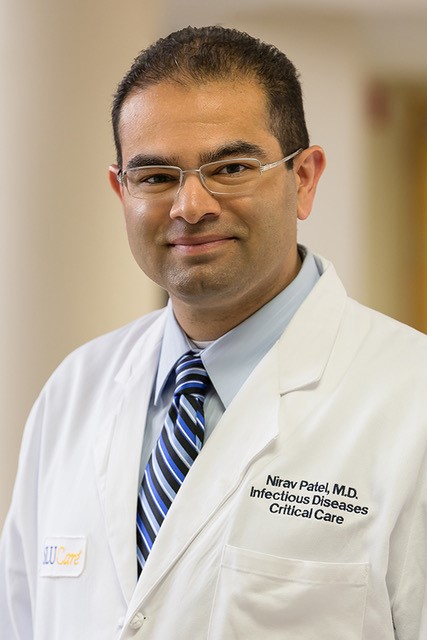November 4, 2020
 Pandemic Stressors on Clinicians: Besides Continued Disease, Continued Worry
Pandemic Stressors on Clinicians: Besides Continued Disease, Continued WorryReviewed by Nirav Patel, M.D.
As the COVID-19 pandemic has continued through the summer and into the fall, frontline clinicians continue to face tremendous uncertainty regarding the overall course of the pandemic and their immediate patients presenting with severe disease. In Critical Care Medicine, Kleinpell and collaborators recently reported the results of a national survey assessing perceptions of over 9,000 intensive care unit (ICU) clinicians utilizing an anonymous web-based survey conducted over 2 weeks in April. While the focus was on ICU clinicians, with the vast majority of respondents being ICU nurses, over 200 respondents were physicians and 30 were pharmacists.
Most respondents had already cared for COVID-19 patients in urbanized areas. Availability of personal protective equipment, especially face masks, was noted as the most critical need for these frontline workers, followed by ICU staffing, turnaround time for testing, and keeping up with the changing management strategies during the pandemic. Stress levels increased for these ICU clinicians from a self-reported pre-pandemic level of 3 (on a 10-point scale) to 8 as a result of the pandemic, with a high level of concern for potentially exposing family members to SARS-CoV-2, with a median score of 10 on a 10-point scale.
While these data come from a cohort of ICU clinicians (primarily nurses), there is likely significant cross over of concerns for infectious disease practitioners, who have also been leading on the frontline of this pandemic. Many of the concerns quantified in this study have been anecdotally noted in the media as well as on infectious diseases message boards and speak to the long-term consequences that medicine as a whole will have to face post-pandemic. During the current response, besides preventing transmission, identifying vaccine targets, and developing treatments for COVID-19, another critical intervention will be reducing clinician burnout.